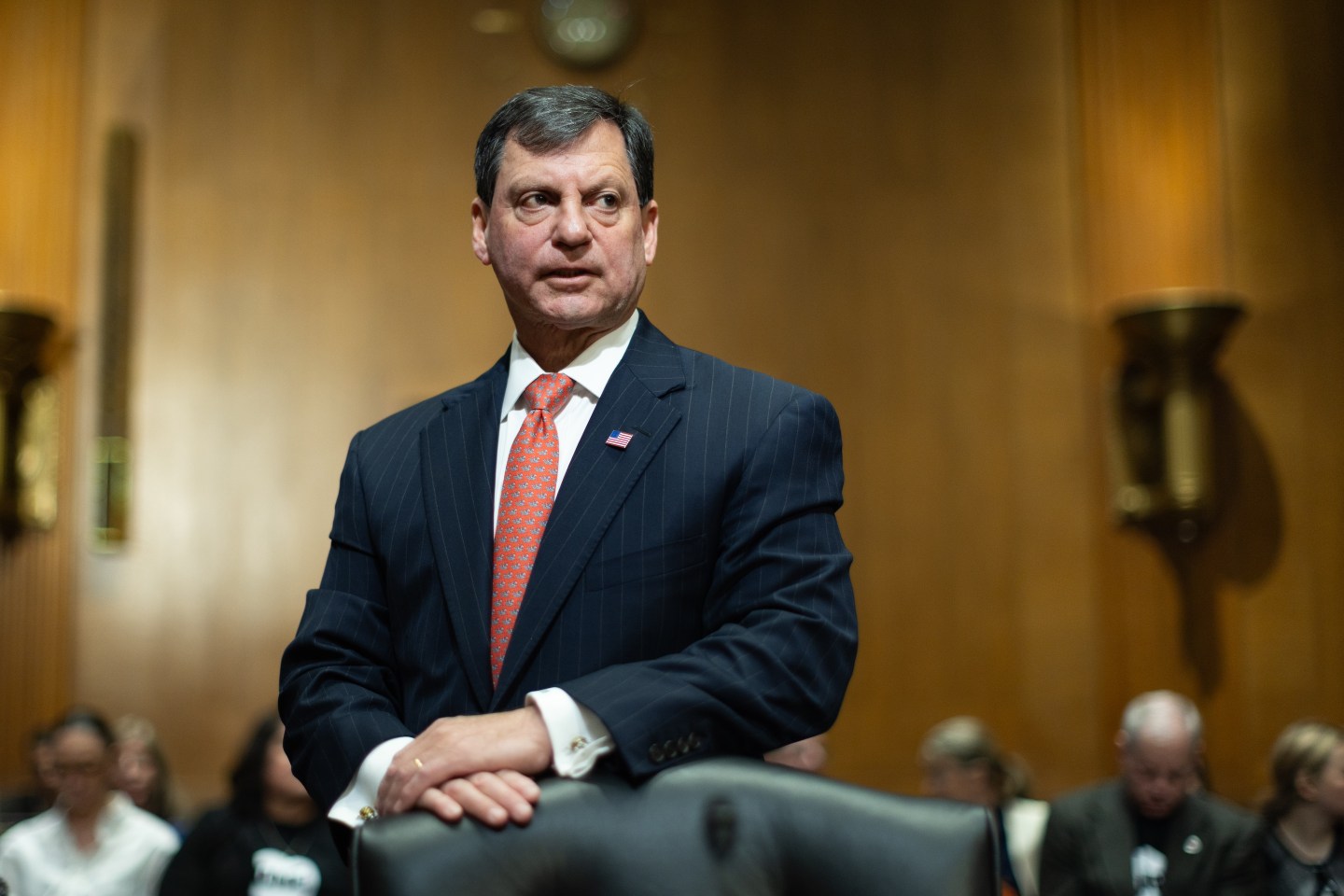Greetings, on the last day of 2024.
With the holidays in full swing, you may be reading this from somewhere beyond your home turf. Perhaps gazing at snow-covered slopes, or under a palapa on some picturesque beach? Or maybe simply at your cousin’s kitchen table, within arm’s reach of the comforts of the coffee maker (or the liquor cabinet).
If you’re a tech billionaire however, chances are good you’ve spent some time at a very specific address in Florida, at the Trump-owned Mar-a-Lago hotel. Elon Musk has been wintering on the grounds, staying in the $2,000-a-night “Banyan” cottage, according to the New York Times. Other visitors in recent weeks have included Amazon founder Jeff Bezos, Apple CEO Tim Cook, and Facebook cofounder Mark Zuckerberg.
As the president-elect prepares to ring in the new year, he may be joined by even more members of the tech aristocracy. In a post on Truth Social that may have been intended as a DM to Musk, Trump talked up the new year’s festivities, noting that Bill Gates had asked to attend.
“New Year’s Eve is going to be AMAZING!!!” the president-elect promised, signing off with his initials “DJT.”
May your New Year’s Eve be amazing too, wherever you are and whoever you’re with! We’ll be back on Thursday. —Alexei Oreskovic
Want to send thoughts or suggestions to Data Sheet? Drop a line here.
A $700 million deal, with a twist

Graphics chip giant Nvidia officially completed its acquisition of Run:AI on Monday, plunking down a reported $700 million for software that lets customer harness and optimize GPUs in the cloud. But while Nvidia had announced its plans to buy the Israeli firm back in April, it added a surprise twist on Monday, stating that it will make Run:AI’s software open source.
While Nvidia offered little insight into its decision to open source its acquisition, VentureBeat theorized that the move likely was about easing regulatory concerns. Nvidia is the dominant maker for AI GPUs after all, with a $3.4 trillion market cap. Keeping access to Run:AI’s software open is a smart gesture of goodwill ripped straight out of the Microsoft playbook. In its efforts to win approval for its $69 billon acqustion of Activision Blizzard, Microsoft agreed to license Call of Duty to other platforms for ten years.
And let’s not forget that Nvidia already has one big antitrust problem on its plate as it is, with China’s recently launched investigation into its 2020 acquisition of Israeli hardware company Mellanox.
ByteDance’s $7 billion loophole
ByteDance, the Chinese parent company of TikTok, plans to spend $7 billion next year on Nvidia’s most advanced GPUs, according to a report in The Information citing an anonymous source.
But wait, aren’t sales of advanced AI chips to China blocked by the U.S. government on national security grounds? Indeed they are. But, The Information reports, ByteDance isn’t buying the actual chips, it’s buying access to the chips via cloud services offered by datacenters operating in the U.S.
If that seems like kind of a big loophole, well, that’s because it is. The Commerce department published proposed rules earlier this year requiring cloud providers to notify the U.S. government of any foreign customers training large AI models that could be used for malicious cyber activity, according to a previous report in The Information. With a new administration entering the White House in a just a few weeks though, it seems likely that any decision to close the loophole, or leave it, will fall to team Trump.
AI robots dream of being surgeons
Here’s something to look forward to—or one more thing to worry about—depending on your perspective.
The Washington Post reports that the advanced robotic arms used in surgery, which are currently controlled by doctors using joysticks, can learn to perform medical procedures autonomously by using AI and watching videos of similar surgical procedures.
The AI robo-surgeons are being developed by researchers at John Hopkins University and Stanford University, who recently presented their project at a robotic learning conference in Munich, Germany. According to the Post, the robots “learned to manipulate needles, tie knots, and suture wounds on their own” and were even able to self-correct mistakes like dropping a needle on the ground.
There’s still a long way to go before these robo-doctors will be replacing your torn ACLs or your gramma’s broken hip, given the inherent risks, the regulatory hurdles, and the novel questions of medical ethics and liability involved. But according to the Post, the researchers are already preparing to set the bots to work on one pliant and docile group of patients: animal cadavers.
More data
U.S. Treasury: We've been hacked...by China.
Shuttered accounting startup Bench is back—it’s been acquired by Employer.com
Elon Musk is reportedly considering opening a Tesla battery plant in his native South Africa.
VW left driver GPS data and sensitive info exposed on the cloud. It was there for months.
IBM earns a U.K. antitrust investigation. Big Blue’s planned $6.4 billion acquisition of HashiCorp is under review.
Remember VeriSign from the dotcom days? Warren Buffet is feeling nostalgic and buying its shares.












